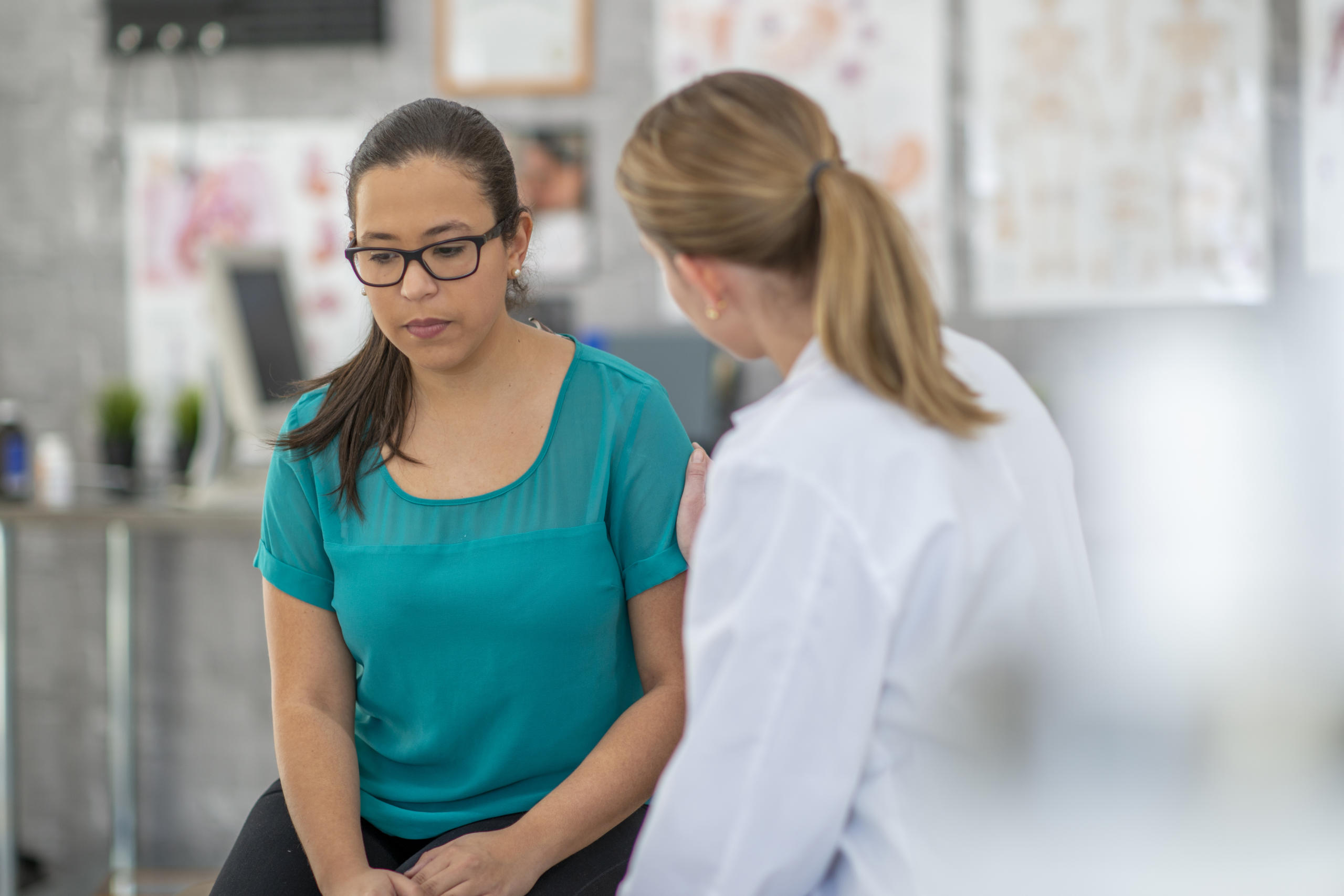Type 1 Diabetes and Depression
People of all ages experience depression. According to the World Health Organization over 350 million people globally experience depression, but it goes undiagnosed and is often untreated because of the stigma around mental health issues. Depression is estimated to affect one in four people with diabetes (type 1 and type 2). Adolescents with type 1 diabetes have five times the rate of depression than adolescents who do not have T1D.

Adults with T1D who also have depression, face worse health outcomes if the depression is untreated and lose more time from work, have increased healthcare costs, and have higher HbA1cs than individuals without depression. Adolescents with T1D and depression have higher HbA1cs, an increased risk for diabetic ketoacidosis (DKA) and severe hypoglycemia, and have more issues when transitioning to adult care for their diabetes.
Just because you have type 1 diabetes doesn’t mean you will develop symptoms of depression, but being aware of the symptoms is important so you can recognize them early and get treatment.
Symptoms of depression in adults include:
- Feelings of sadness or hopelessness
- Loss of interest or pleasure in activities you used to enjoy
- Changes in sleep – either too much or not enough
- Changes in appetite – either eating too much or not enough (and sometimes changes in weight)
- Tiredness and lack of energy, so even doing small thing take extra effort
- Slowed thinking, speaking or body movements
- Trouble concentrating, making decisions, or remembering things
- Feelings of worthlessness or guilt, fixating on past failures or self-blame
- Frequent or recurrent thoughts of death, suicidal thoughts, suicide attempts or suicide
In children and adolescents, symptoms of depression can be similar but there may be some differences. In children, symptoms may also include:
- Clinginess
- Irritability
- Body aches and pains
- Refusing to go to school
- Poor performance in school
In older children and teenagers, symptoms may also include:
- Irritability and anger
- Poor performance or poor attendance at school
- Feeling misunderstood
- Being extremely sensitive
- Avoiding social activities
- Possible use of recreational drugs or alcohol
In both adults as well as children/adolescents the symptoms of depression interrupt or greatly affect work or school, social relationships, or other important areas of their lives.
Treatment
The good news is that depression can be treated and outcomes improve, especially when depression is treated early. The American Diabetes Association (ADA) recommends that all people with type 1 diabetes should be screened by their healthcare providers for depression on a regular basis, so treatment or a referral to a mental health provider can be made. If your healthcare provider doesn’t ask about how you are feeling emotionally – it is important that you speak up and tell them! Getting treatment for depression early is key and can help to improve your long term medical and psychological outcomes.
Treatment for depression in children and adults can cognitive-behavioral therapy, interpersonal therapy or other evidenced based therapy and/or medication(s). Finding a mental health provider that is knowledgeable about diabetes can help. The ADA has an online directory of mental health providers by state that have training and experience in diabetes: https://professional.diabetes.org/mhp_listing.

Get Support
Getting support for anyone living with type 1 diabetes is important; if you are experiencing symptoms of depression this can be even more important. Talk with your friends and family can be key. They often will want to help you, so asking for what you need (rather than having them guess or do something unintentionally unhelpful) will be important.
Depending on your relationships with your family and friends, it may be difficult to talk to them. Talking with other people with type 1 diabetes can helpful. Many people have found that joining a local diabetes support group at their diabetes treatment center or local hospital or joining one online to be very useful. There are many types of support groups, so you will have to look around to find the one that best fits your personality and needs. You don’t need to do diabetes alone- get support!
Immediate Assistance Through 988
If you or a loved one is having thoughts of suicide, feeling emotional distress, or struggling with substance misuse, call 988.
988 is a free, 24/7, 365 days a year national hotline to provide mental health support (think of it like 911 but for mental health).
Learn more about 988 and how it works on the Substance Abuse and Mental Health Services Administration (SAMHS) site. SAMHS is a part of the U.S. Department of Health and Human Services (HSS).
T1D Resources and Support
Explore our informational guides, or make a personal connection with someone experienced with T1D. The JDRF community has you covered.

Just Diagnosed? Start Here
Adjusting to life with T1D isn’t always easy, but we’re here to help. Find everything you need to establish your new normal.

Type 1 Diabetes Basics
Learn what causes T1D, how it affects the body, what treatments are available, and how to find health insurance to help pay for care.

Living With Type 1 Diabetes
Get practical tips for dealing with T1D at all ages. Topics include nutrition, driving safety, and how to stay healthy while away at school or on vacation.

Technology
Find out the latest on the T1D tech that helps you stay healthier.